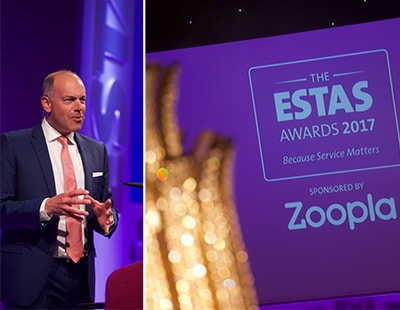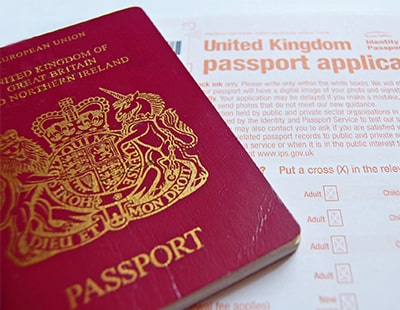When it comes to meeting anti-money laundering (AML) obligations and compliance with the relevant regulation, brokers need to do more. That was the message coming from the head of the Financial Action Task Force (FATF) in a recent keynote speech.
There has been a lot of discussion recently about the ‘box-ticking’ approach that some are taking to preventing money laundering - and this was certainly the sentiment from Dr Marcus Pleyer, who recently criticised the gap between theory and reality when it comes to AML. “All of them need to do more,” he explained. “Our evaluations highlight that fundamental or major improvements are needed in preventative measures.”
Amongst those that can, and should do more are mortgage brokers, he suggested. They are on the frontline of this fight against money laundering and if they want to avoid serious fines, they need to move beyond box-ticking.
Know your customer
Brokers deal with hundreds of clients every day and thousands across the year. The process of verifying the identity of new and even existing clients can be cumbersome and take up valuable time. Add in the need to check sanctions and Politically Exposed Persons (PEP) lists and brokers can spend a lot of time ensuring that someone is who they claim to be, and that they are legitimate.
Due to the time it takes to review every passport, every selfie, every utility bill, it’s understandable if a broker doesn’t have the time to meticulously scan these documents for irregularities. Particularly as forgeries are incredibly accurate now. Those with skills in photo-editing software can easily manipulate passport details to create a completely new identity. It would take a lot of time to inspect these images in microscopic detail to find any irregularities.
A digital solution
To speed this process up, brokers should look to make the shift to electronic verification. The Government has made it clear that it supports the use of electronic verification, and it is high time digital processes were adopted. Not only is this more effective at flagging potential risks, it also saves brokers valuable time and effort.
The shift to using electronic verification as an alternative to hard copy documents for checking customer ID has become much more important in a post-coronavirus world. The threat of fraud and money laundering has been exacerbated by the pandemic, with some seeing the lack of face-to-face contact as the ideal time to strike.
With an increased threat of fraud and the majority of office-based workers were ordered to set up from home, it became obvious that some of the due diligence processes for onboarding new customers were just not feasible.
However, the latest technology can combine credit reference data, biometric facial recognition, and digital fraud checks as well as electoral roll data and other reliable public sources to establish identity. This means within a few seconds; brokers can establish who their customer is and in the same process they are automatically screened against sanctions and Politically Exposed Persons watch-lists and monitored daily thereafter.
The AML onboarding job is then complete and there is no need to worry about those regular changes to watch-lists as the system will continually monitor these.
How brokers can do more to prevent money laundering
Beyond the moral obligations and efficiency gains by switching to electronic verification, studies have shown robust AML processes can actually increase the value of a business.
Research by Encompass published in an academic journal, ‘Research in International Business and Finance’ found banks that implemented rigorous AML processes increased their share price. While banks are obviously different to brokers, trust and reputation are both still crucial for both.
Beyond protecting reputation, brokers should also be aware that Financial Conduct Authority (FCA) is “actively monitoring” the property market for fraud and money laundering. The FCA recently announced it has increased surveillance over the past 12 months with the potential for money laundering increased by the pandemic. Therefore, those that are lax in their approach may leave themselves exposed to hefty fines.
With criminals looking to take advantage of the pandemic and clean illicitly acquired gains through the property market, brokers need to move beyond just going through the motions to prevent money laundering. As the head of the FATF suggests, all the tools are there, brokers just need to ensure they use the right one.
The pandemic has certainly highlighted areas for improvement and made us question the way things are done. Therefore, now is the ideal time to review Know Your Customer procedure, both to speed the process up, and also protect against money laundering.
With the threat of fraud increasing, and the FCA ramping up investigations, brokers should look to make this switch as soon as possible to protect themselves.
*John Dobson is chief executive officer of AML service SmartSearch






















Join the conversation
Be the first to comment (please use the comment box below)
Please login to comment